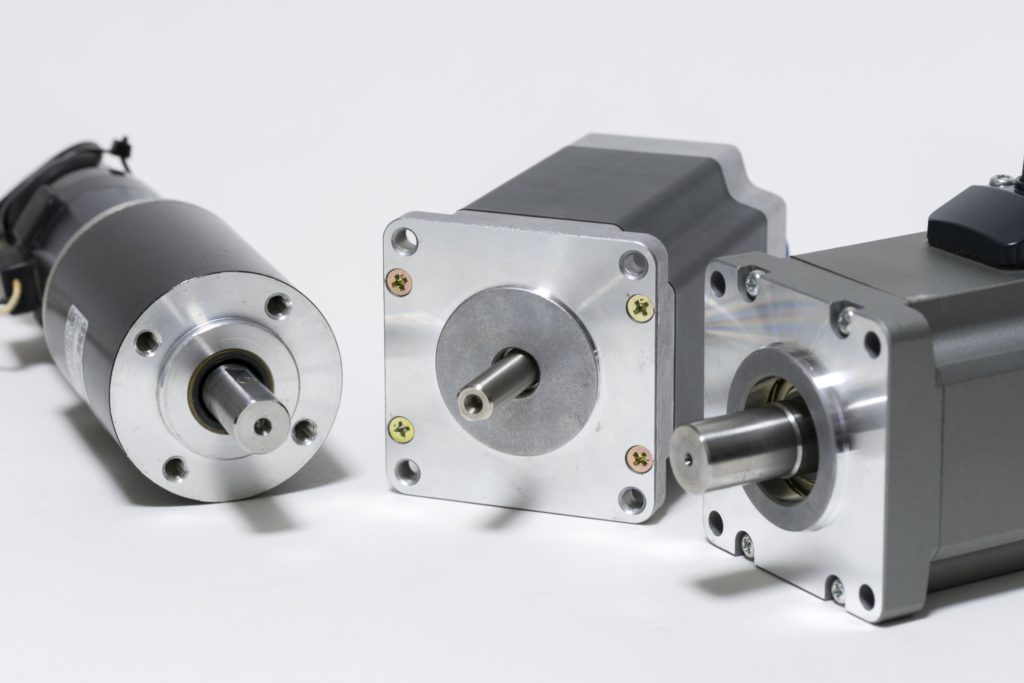Motor Encoders Overview

Motor encoders fulfill multiple roles by providing a constant stream of feedback, resulting in additional motor control. Understanding the different types of motor encoders can streamline your manufacturing process and provide services with increased effectiveness.
What Is a Motor Encoder?
A motor encoder is an electromechanical device that uses an electrical signal to measure displacement and ensure that a machine operates properly and efficiently across multiple industries. Motor encoders transform mechanical motion into electric signals by monitoring the RPM, speed, distance and position of a machine.
While there are a few different types of encoders, they are always attached to a motor, which produces closed-loop feedback signals. These signals enable the encoder to provide configurations of the equipment, including optical and magnetic sensing as well as incremental and absolute sensing.
Why Motor Encoder Wiring Is Important
Because there are many different types of encoders, motor encoder wiring can vary. This variation in wiring enables different types of encoders to accomplish specialized tasks. Typically, an encoder has multiple channels of wiring. Each channel connects to the drive or controller, carrying the signal to the motor. From single-channel designs to quadrature wiring, motor encoders vary greatly to offer multiple functions in different settings.
Types of Encoders
The type of encoder that suits your application is determined by the motor currently in use for a specific application. Some of the different types of motor encoders include:
- Servo motor encoders: Also known as permanent magnetic motor encoders, these encoders provide extreme accuracy and precision. They use incremental, modular or absolute motors.
- AC motor encoders: This type of motor encoder is a common choice for general automation purposes due to its robust IP, vibration patterns and shock.
- DC motor encoders: These encoders produce speed control feedback by measuring the speed of the rotor and providing the drive with closed-loop feedback.
- Stepper motor encoders: Commonly used in open-loop systems, these motor encoders are exceptionally cost-effective and precise. They also provide improved control.
Types of Output
Motor encoders are versatile, and they can fulfill a variety of needs depending on the application. The different technologies utilized in their designs call for various output types, which include:
- Absolute encoders: These encoders are typically used in servo motors. They identify the motion and the position of the motor shaft, making them ideal for applications that require precision and accuracy.
- Incremental encoders: The output produced by incremental encoders is used to control a motor shaft’s speed, providing more power over the motor as a whole.
Get a Project Estimate for Our Electronic Encoder Repair Services
Whether your company’s motor encoder is beginning to show signs of damage or it’s stopped working altogether, Global Electronic Services can help. Our team will find the source of your issue and provide an effective repair service to get you back on track. Reach out to us for a project inquiry, and we’ll provide an evaluation of your motor encoder as soon as it arrives. You can also call us at 877-249-1701 with any questions.